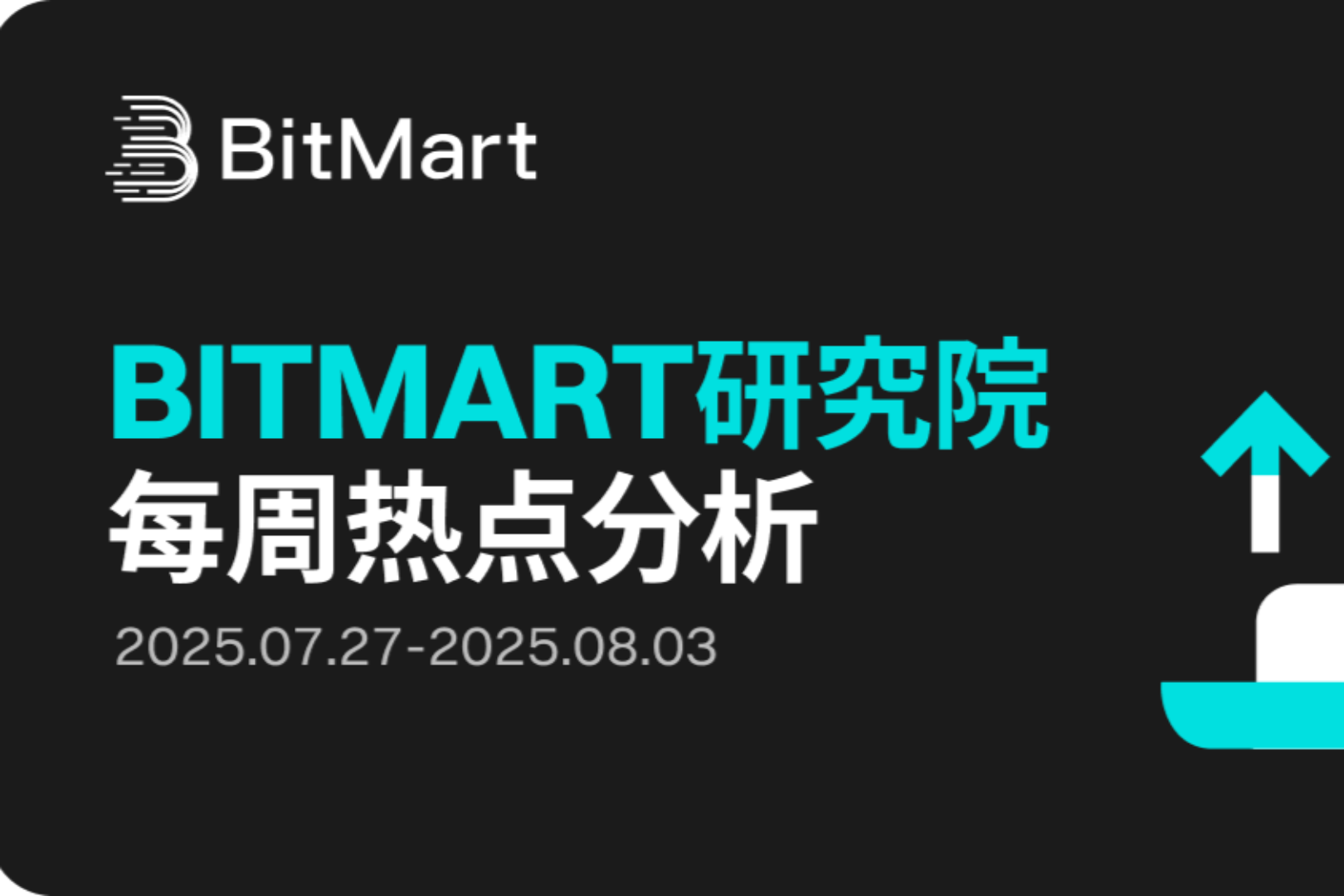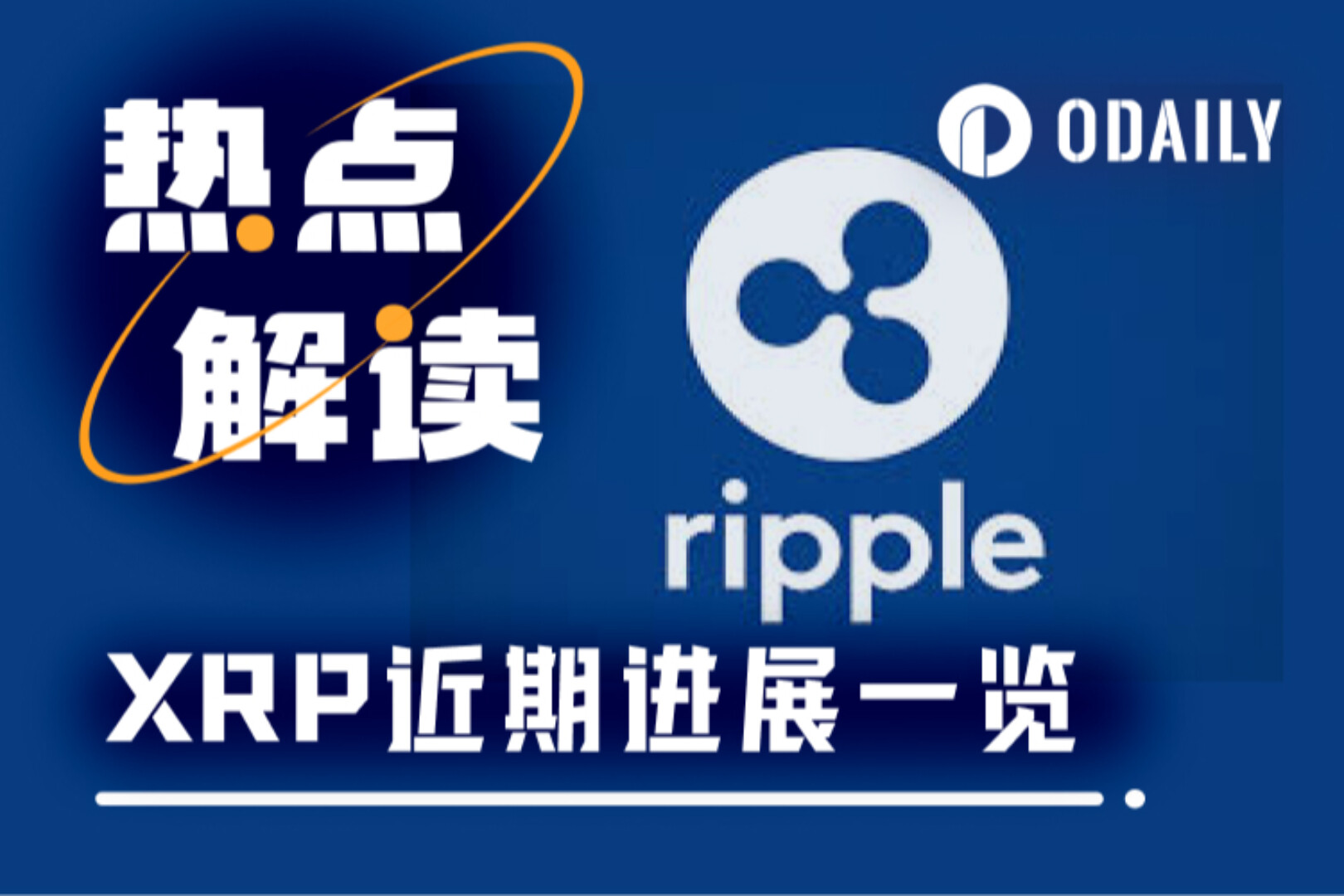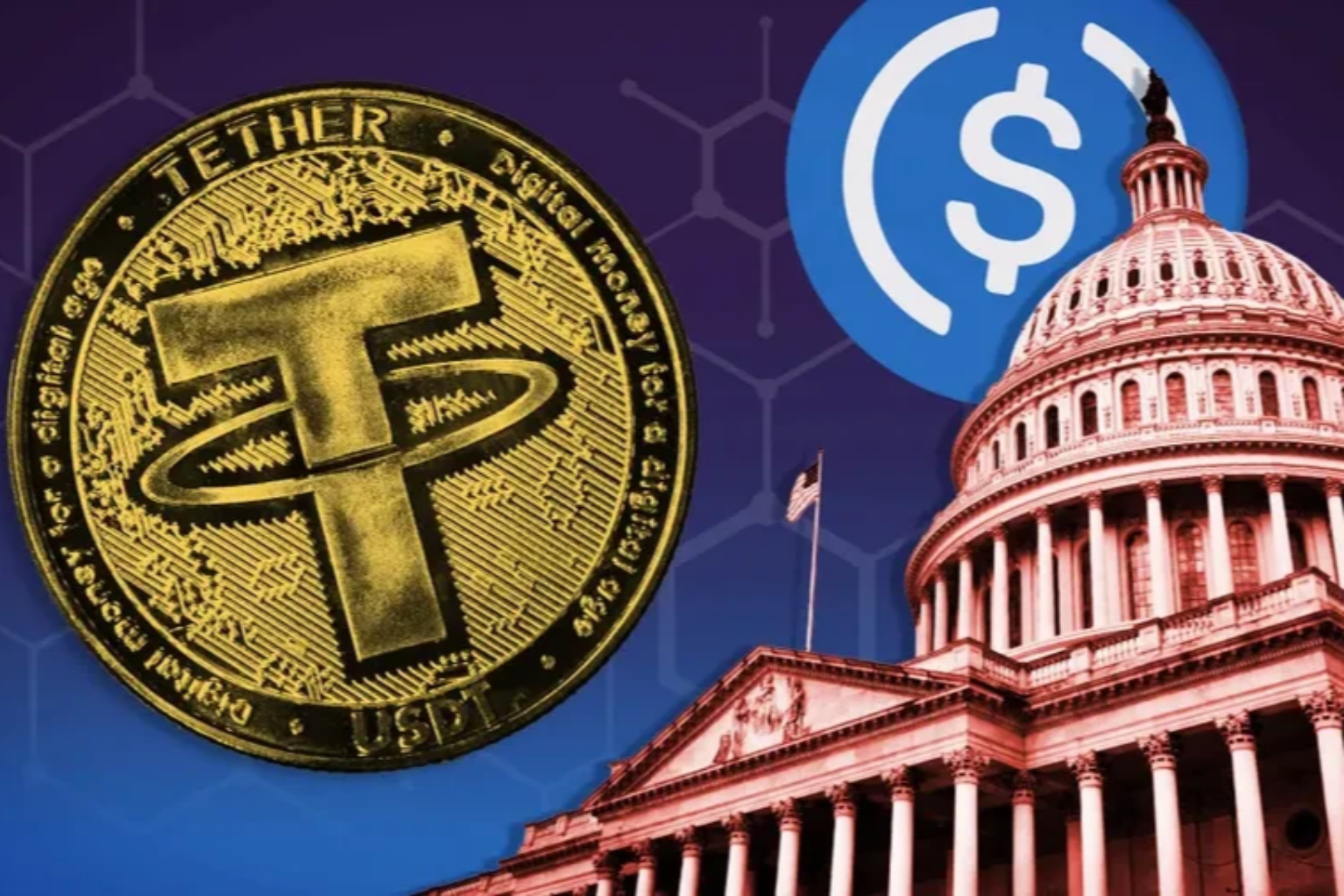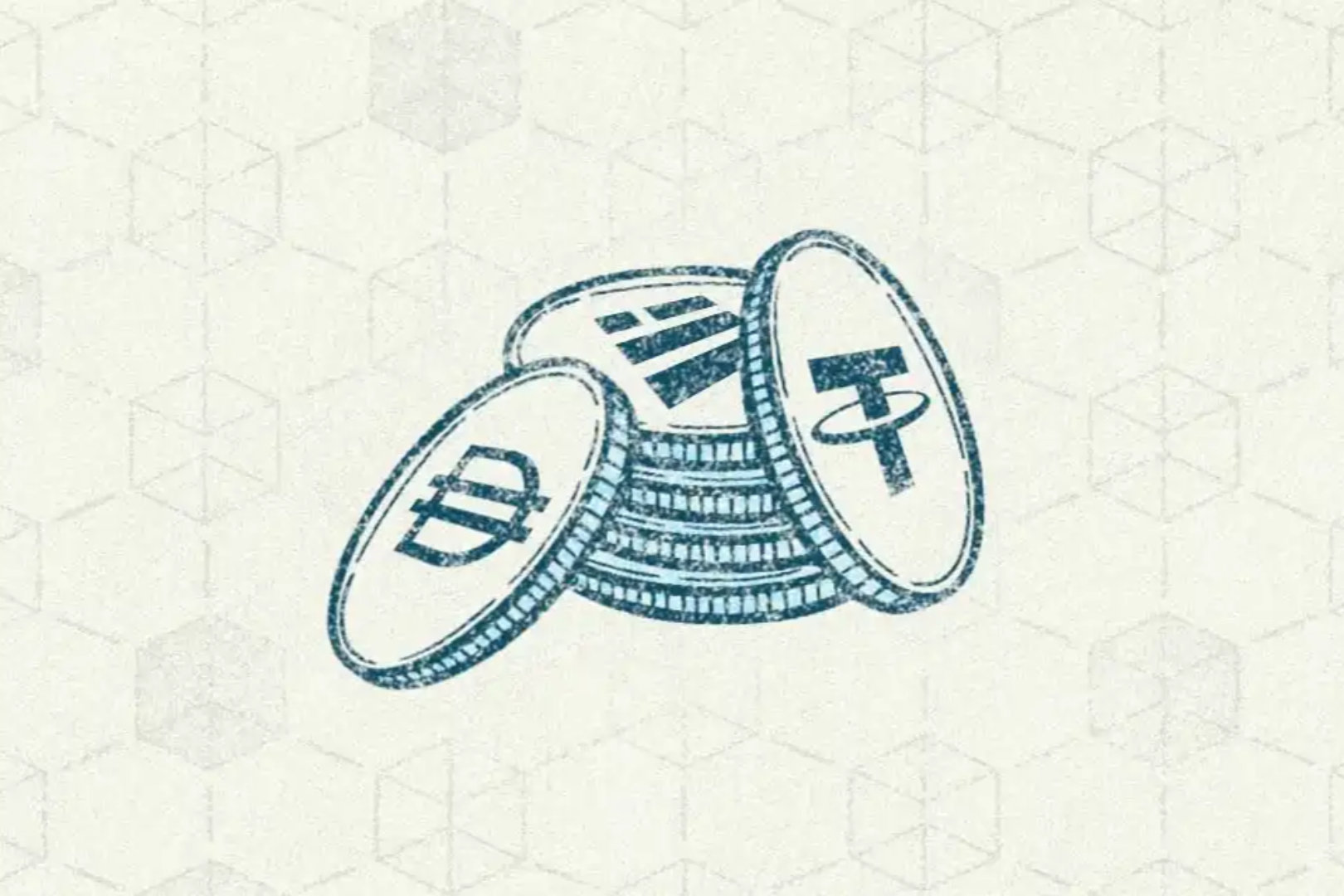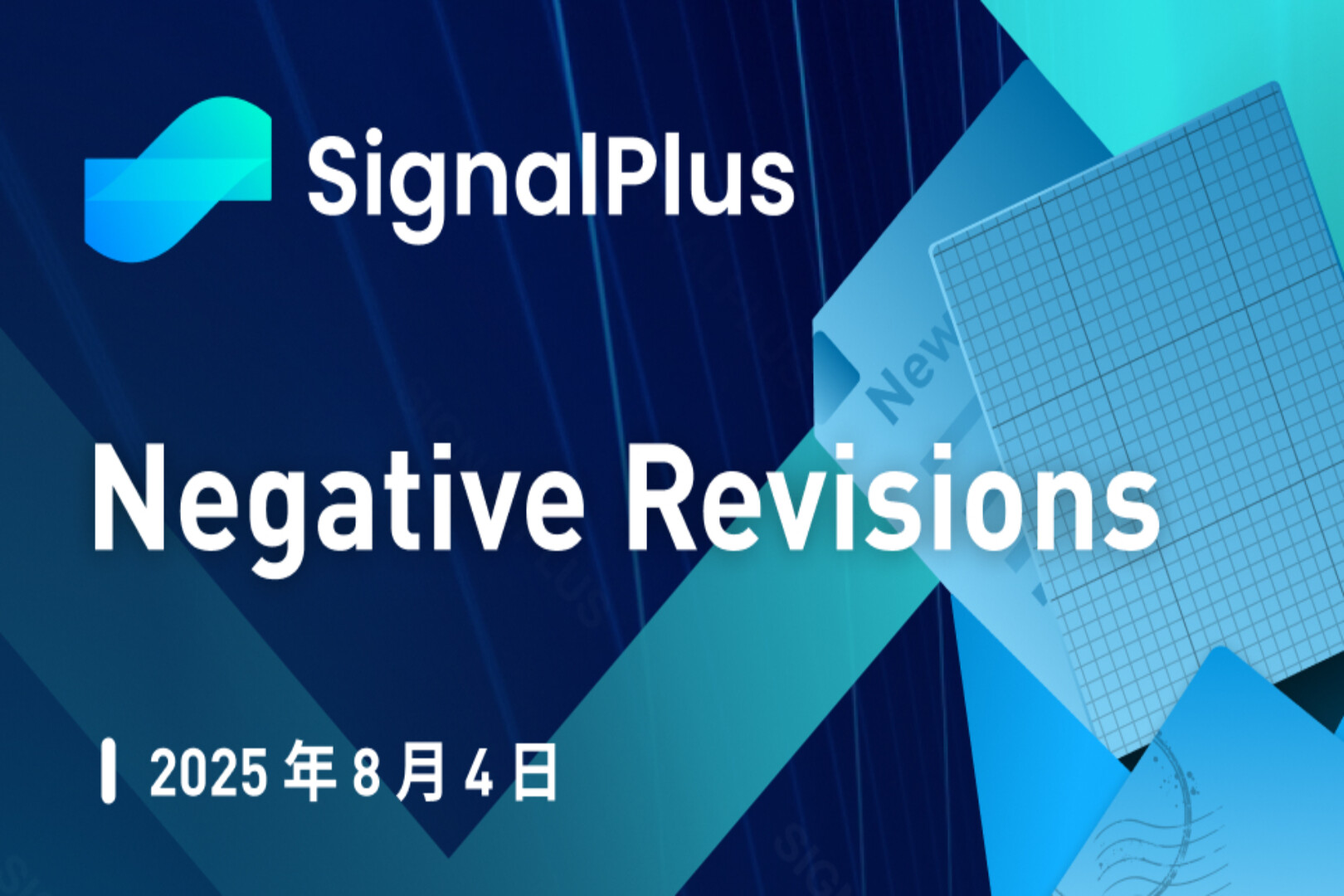
Watch the official finishing touch:
*Binance US is not just Binance’s local tactics, it is likely to be cancer-cutting surgery.
*Binance started from an expansion game during the regulatory gap, and quickly made profits. It has its own genes that do not follow the regulatory route.
* Binance does not want to comply with the regulations in the United States and Japan, but because it is currently unable to completely purify false data, insider trading and other stubborn problems of the exchange.

Publisher
Publisher
Binance, the world's leading digital currency exchange, has been very upset recently. First, a hacker stole 7,000 bitcoins, and then a hacker named "Plato" stole a batch of user KYC data from the Binance website and negotiated with Binance. Fortunately, there is a new news that is very exciting, Binance is about to open an exchange in the United States.
This time, Binance chose to cooperate with BAM Trading Services in the United States to create Binance US. According to media reports, Binance is reviewing 30 digital currencies that will be launched on this platform, and the Normandy landing in the US market is about to begin.
This is the second time for Binance to enter the U.S. market with a different posture. The previous experience of being cleared out of the U.S. and Japanese markets shows that it is different from the image of a big weapon in China. In the U.S. and Japan, where the regulatory system is complete and even strict, Binance More like an outcast barbarian youth.
“For all exchanges, the US market has a lot of charm.” Digifinex co-founder Kiana told me.
According to a survey of Internet users in the United States, 5% of Americans own digital currency, while 21% are considering investing in cryptocurrency. The number of digital currency holders is about 16.25 million, which is the country with the largest number of currency holders in the world.
In the global digital currency market, according to CMC data, the daily trading volume of Binance is about 7.9 billion yuan, and 46 billion yuan of funds are traded on Binance Exchange within a week. 2% of the world's digital currency transaction volume was born on Binance. But in the face of the big vegetable garden in the United States, Binance has no way to enter.
The United States is the benchmark for digital currency and planning in the world. The threshold for operating digital currency is very high. If you want American citizens to buy and sell digital currency on your exchange, you must meet the regulatory requirements of the US Securities Exchange (SEC), and each state The regulatory policies are not the same, you need to go to the Financial Services Bureau of each state to obtain an exchange license.
Previously, Binance entered New York State, but did not obtain an exchange license issued by the New York State Department of Financial Services (NYDFS). This situation is exactly the same as that of Binance in Japan.
After New York State launched the digital currency compliance license BitLicense, in April this year, the media reported that 19 institutions had obtained this license, including Bitstamp, the largest cryptocurrency exchange in Europe, and Coinbase, the largest digital currency exchange in the United States, but no Binance.

It is not known whether Binance has applied for a license from the New York Financial Services Agency, but what we know is that in June this year, Binance announced that it would stop providing services to users in the United States starting from September 12 this year. Currently, users who enter the Binance platform will be reminded that "the platform prohibits providing services to US users", and the US version of the Apple Store cannot download the Binance terminal APP.
Binance withdrew from the U.S. market on its own, most likely because it could not meet the regulatory conditions. The New York State Attorney General's Office (OAG) has been on the lookout for fraudulent manipulation behind digital currency transactions. In April 2018, OAG issued a questionnaire to 13 digital currency exchanges in New York State, asking them to provide operational details, internal controls, and security measures to prevent manipulation and fraud, but Binance rejected the survey. The reason is not to trade digital currencies in New York.
An OAG report disclosed by the Wall Street Journal on September 19, 2018 showed that OAG had reported to the New York Financial Services Bureau three exchanges that may be involved in illegal operations in New York, one of which was Binance, which made a global leader The digital currency exchange is somewhat embarrassing.
Binance US this time is jointly launched by Binance and the American local company BAM. Binance co-founder He Yi told me that Binance provides technical and operational support for the blockchain industry, and the partner is solely responsible for compliance in the United States. And localized coordination and communication with regulatory authorities. By choosing to marry local companies, Binance handed over the compliance barriers to local companies that are better at dealing with the US government, which is equivalent to giving up the opportunity to independently develop mainstream markets outside of China.

Regarding the birth of Binance US in cooperation with local companies, Jeffrey Wernick, an independent investor in the US blockchain industry, told me that he believes that Binance did this only to establish a completely independent US exchange, because Binance used to do There are too many deceitful and lying things, such as, a large number of junk coins, trading their own accounts to earn profits from platform investors, insider trading and so on.
These tumors can be cut off in Binance US, no longer associated with Binance, and better evade US supervision.
Although Zhao Changpeng, the founder of Binance, has always claimed that Binance is a relatively "positive" company. Indeed, Binance was the first company in the industry to establish a charity fund. Binance's overseas target market.
Previously, in order to oppose the talker Satoshi Omoto, Changpeng Zhao also delisted BSV from Binance. This "just" behavior aroused an uproar in the public opinion of the American community. In a transparent and legalized regulatory society, it is very righteous Binance is more like a "bad boy" who is not bound by a "regulatory system".
A few months ago, the U.S. Blockchain Transparency Institute (BTI) released a report on the purity of global digital exchanges in April. Binance, which has always been considered to have a high degree of "purity", was kicked out of the BTI certification list. The transaction rate exceeded 10%.
But compared to global exchanges, Binance is still a relatively "pure" exchange. Therefore, the crux of the problem is that Binance has the status of the world's largest exchange. This position determines that Binance must become the benchmark for global exchanges. In a short period of time, a strong man breaks his wrist and eliminates the exchange's "junk coins", "internal transactions", etc. These tumors of "false information" have entered the mainstream lane of compliance, but Binance does not seem to intend to do so.
Binance has been kicked out of the market by both the United States and Japan, but Binance means that it doesn't matter, and it is marching into the vast Asia, Africa and Latin America.

Binance founder Zhao Changpeng said in an interview in Taiwan that Binance will develop blue oceans overseas and will expand these markets in Africa. He also mentioned to the media that if a government "doesn't welcome us, we really don't go there". Binance will go to countries and regions with more friendly regulations. "We're optimistic that some government will want to invite us."
Indeed, Binance’s exchange in Africa has successfully opened, but as the world’s largest exchange, Binance is not so much entering blue ocean markets such as Africa and Latin America, as it is continuing to replicate the dividends of unregulated markets.
Binance was established in Hong Kong in July 2017. After the September 4th regulation that year, Binance quickly moved its headquarters and team to Tokyo, and then to Singapore. In just six months, major exchanges in China were closed due to supervision. Within a year, Binance gained 10 million users worldwide and generated $350 million in profits.
The growth of Binance has benefited from these regulatory gaps and the early loose environment in the blockchain world, which has allowed Binance to rise rapidly. According to the calculation of the media The Block, the net profit of Binance in 2018 is about 446 million US dollars. For Binance, choosing a "friendly" market and looking for markets with vague regulations is an easier and more rewarding inertial path.
"Compliance is difficult and expensive." Jeffrey Wernick, who is familiar with the US market and policies, told me. In the United States, in order to comply with the SEC's supervision, you must go through the SEC's procedures, disclose information, accept supervision and review, and fight financial crimes legally and morally-this consumes time, consumes huge costs, and reduces the existing user market. For Binance, which has rapidly completed user accumulation and global expansion during the regulatory gap, this is a stumbling block to speed and profits.
Compliance is a trend in the mainstream market and a revolution for Binance, but Binance is not aware of this.
Today, Binance is exploring the global market and has established fiat currency trading platforms for digital currencies in Africa, Europe, and Singapore. However, in the three countries with the largest number of digital currency users in the world, such as the United States, South Korea, and Japan, there is no Binance Exchange. , which will mean that Binance loses its right to speak in core markets such as the United States and Japan.
"Shit-coins! Pure shit!" Jeffrey believes that Binance has not fulfilled its responsibility to match its market position. In 2019, when the entire U.S. market was already trying its best to avoid junk coins and air coins and reduce the number of ICOs, in March, Binance failed. IEO, a variant of Daxing ICO. "Binance knows exactly what will happen to these coins, but it doesn't care because it has already made profits."
In 2019, in the mainstream trend of digital currency regulation, Binance, the leader of the exchange, will not be peaceful. The big tree attracts the wind, not only hackers will be very interested in this giant crocodile, but American and Japanese regulatory agencies, research institutions and competitors in the same industry must aim at the target of Binance if they want to play darts.

